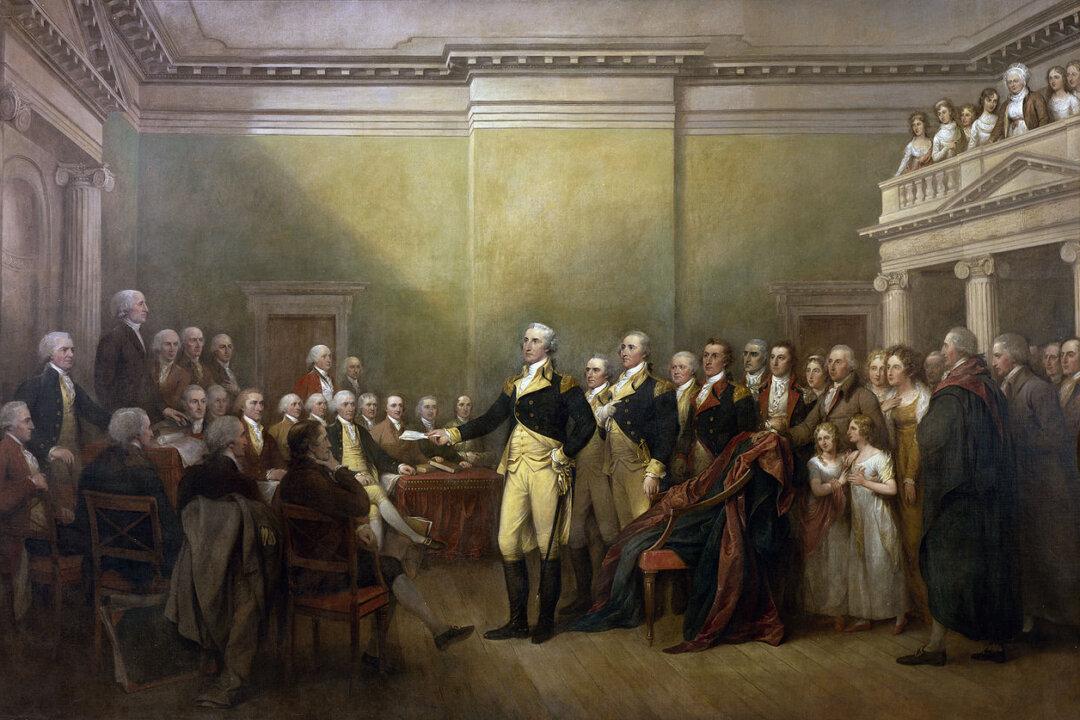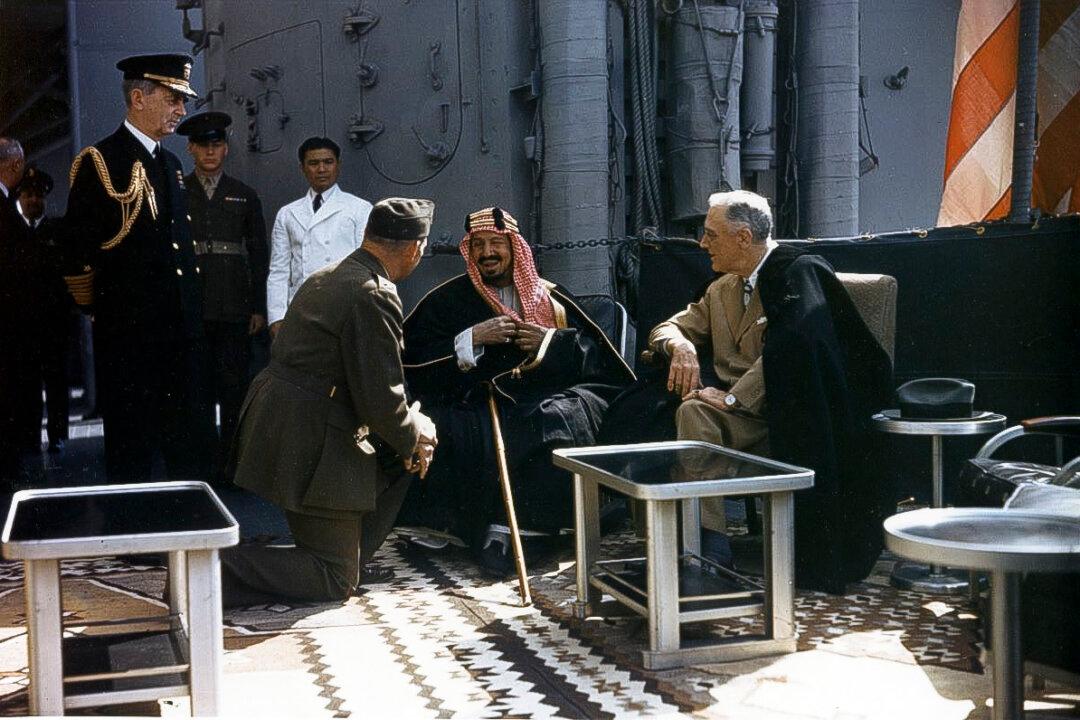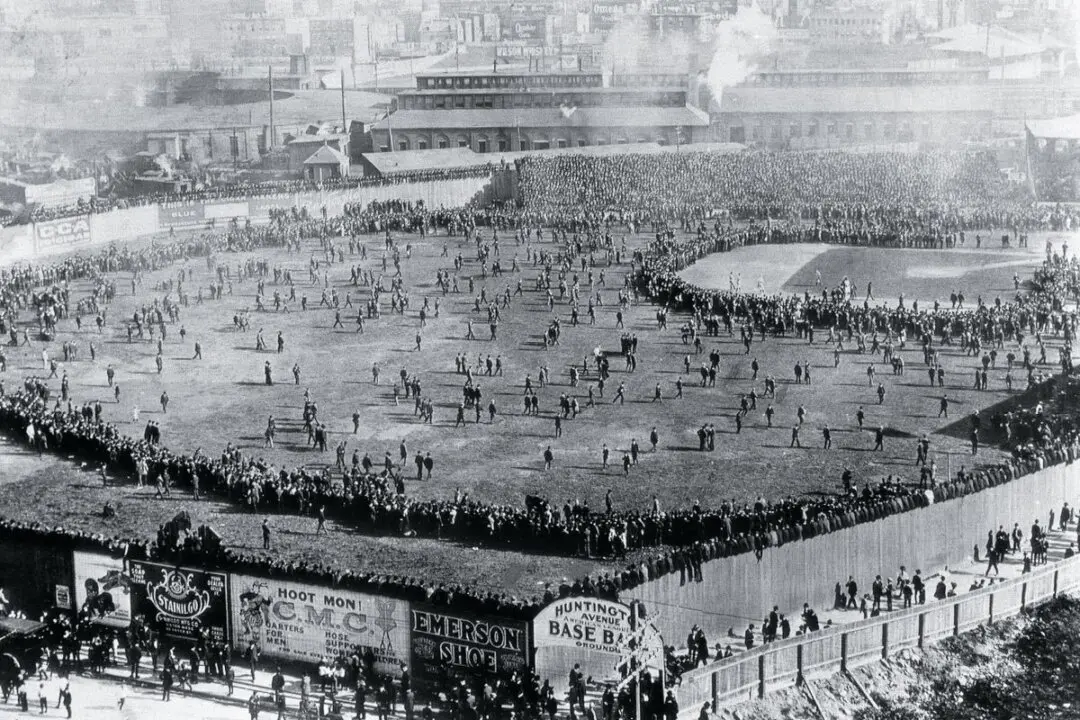Character is often defined as who you are when no one is looking, but it can also be defined as who you are when you hold the fate of others in your hands.
For a large portion of his illustrious military and political career, George Washington possessed such power. But it is how he restrained that power that speaks volumes to us today in how to deal with others.





